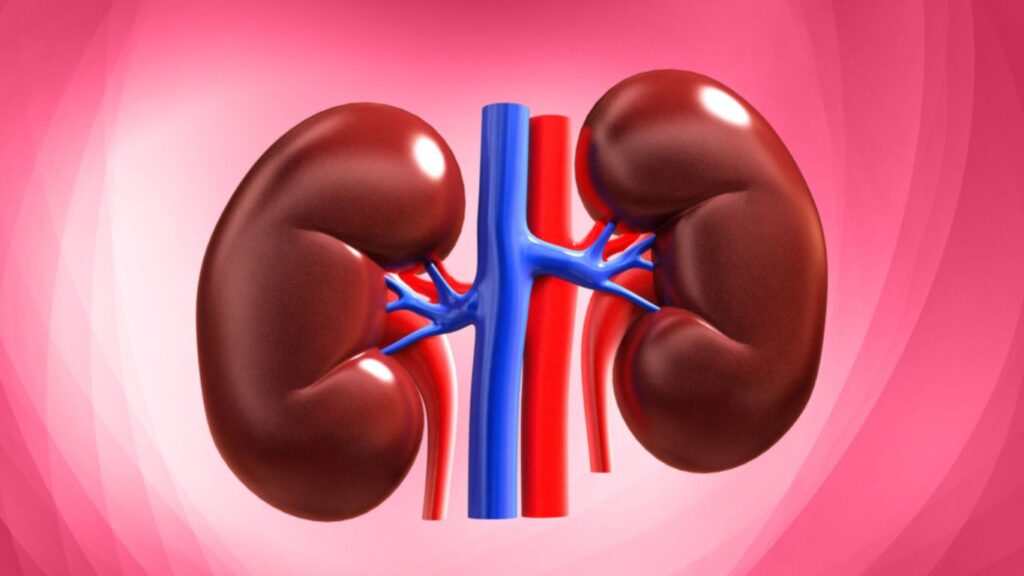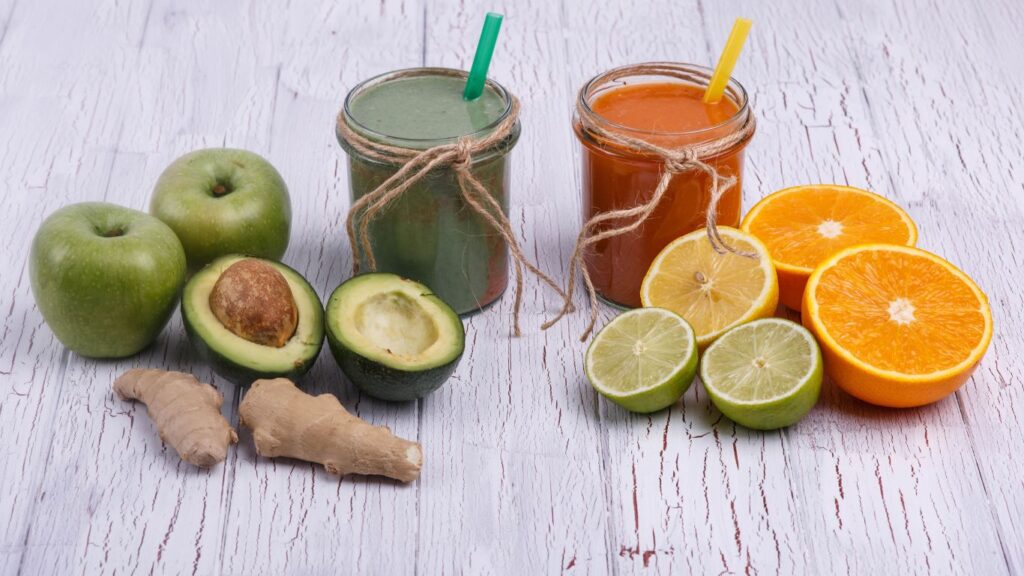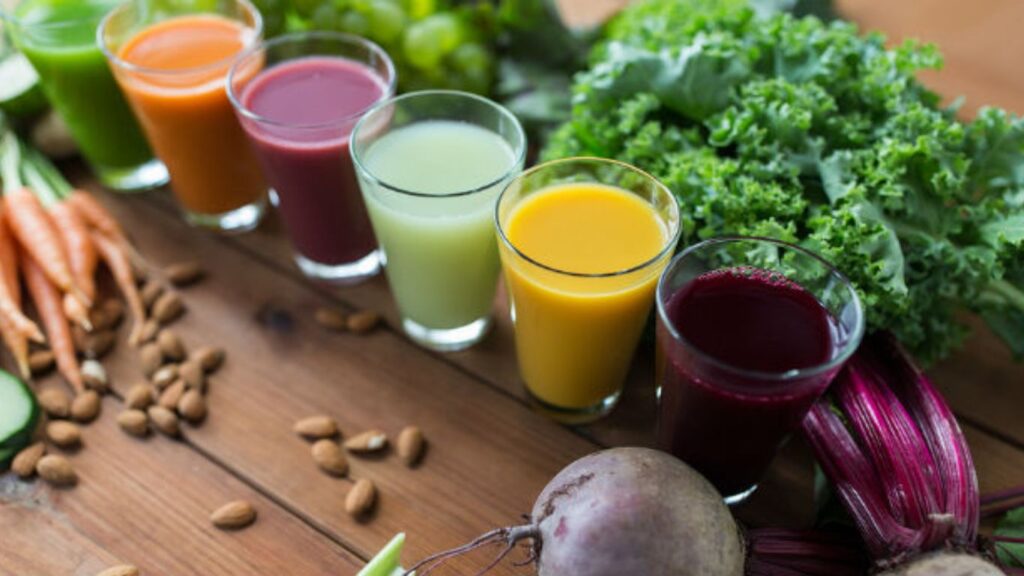Detoxification, in the realm of health and wellness, refers to the body’s intricate process of eliminating toxins and maintaining a healthy internal balance. It’s a natural, ongoing function, predominantly managed by organs like the liver, kidneys, and the digestive system. In recent times, there’s been a burgeoning interest in enhancing this natural detox process, often as a response to concerns about exposure to pollutants, unhealthy diets, and sedentary lifestyles. This growing fascination, however, is accompanied by several misconceptions.
Many believe detoxification is solely achieved through rigorous diets, supplements, or specific therapies, overlooking the body’s inherent capability to detoxify itself. It’s essential to understand that while certain lifestyle changes can support this natural process, the concept of detoxification is far more complex and nuanced than commonly portrayed in popular wellness narratives.
The Science of Detoxification: How It Works and Why It Matters
Understanding Detoxification
Detoxification, in biological terms, is the process by which the body removes harmful substances, including toxins, waste products, and other unwanted materials. This vital function is primarily handled by several key organ systems, each playing a unique role in cleansing the body.
Organs for detoxification
Liver
Often termed the body’s primary detox organ, the liver neutralizes toxins through a two-phase enzymatic process. In Phase I, it uses enzymes to convert toxic substances into less harmful ones. In Phase II, these substances are made water-soluble, allowing for easier excretion.
Kidneys
These bean-shaped organs filter blood to remove waste and excess substances, including toxins. They excrete these wastes through urine, maintaining a critical balance of water, salts, and minerals.

Digestive System
The digestive tract, especially the intestines, plays a key role in detoxification by eliminating waste products. A healthy gut flora also aids in breaking down toxins.
Skin
As the body’s largest organ, the skin helps in detoxification through sweating, expelling toxins along with sweat.
Lungs
The lungs remove carbon dioxide, a byproduct of metabolism, from the bloodstream. They also help filter out some particulate matter and harmful substances inhaled from the environment.
Together, these systems work synergistically to ensure that the body effectively rids itself of toxins, maintaining optimal health and function.
Diet and Nutrition for Effective Detoxification
Certain foods play a crucial role in supporting the body’s natural detox processes, enhancing the efficiency of organs like the liver, kidneys, and digestive system. These foods typically include fruits, vegetables, whole grains, and lean proteins.

- Fruits and Vegetables: Many fruits and vegetables are rich in antioxidants, substances that help neutralize free radicals harmful compounds that can damage cells. Antioxidants like vitamins C and E, and beta-carotene, found abundantly in berries, leafy greens, nuts, and seeds, aid in preventing cellular damage and support liver function.
- Whole Grains and Fiber: High-fiber foods, such as whole grains, legumes, and seeds, assist in detoxification by improving gut health and regularity. Fiber aids in the elimination of toxins through the digestive tract, reducing the burden on the liver and kidneys.
- Hydration: Water is essential in the detoxification process. It helps the kidneys to flush out toxins through urine, aids in digestion, and keeps the cells hydrated and functioning optimally. Other hydrating fluids like herbal teas and broth also contribute to the detox process, supporting organ health and toxin elimination.
Lifestyle Factors Affecting Detoxification
Stress, sleep, and exercise profoundly impact the body’s ability to detoxify. Chronic stress can impair detoxification processes, particularly in the liver, by altering biochemical pathways and hormone balance. This imbalance can hinder the body’s efficiency in processing and eliminating toxins. Conversely, managing stress through relaxation techniques can enhance detoxification efficiency.
Sleep plays a pivotal role in detoxification, especially in brain health. During sleep, the brain’s glymphatic system becomes more active, clearing out waste products including toxins accumulated during wakefulness. Lack of adequate sleep can impede this cleansing process, leading to toxin buildup.
Exercise boosts detoxification in multiple ways. It increases blood circulation and lymph flow, facilitating the transport of toxins to organs like the liver and kidneys for processing and elimination. Additionally, physical activity promotes sweating, another avenue for the body to expel toxins. Regular exercise is thus essential for maintaining optimal detoxification processes in the body.
Common Myths and Misconceptions
A common myth surrounding detoxification is the necessity of extreme diets or supplements for effective toxin removal. In reality, the human body is equipped with a robust natural detox system involving the liver, kidneys, digestive system, skin, and lungs.
While a balanced diet rich in fruits, vegetables, and whole grains supports these natural processes, extreme diets and detox supplements are often unnecessary and can sometimes be harmful.
Many of these regimens lack scientific backing and can disrupt the body’s nutrient balance. The best approach to detoxification is maintaining a healthy lifestyle that includes a nutritious diet, regular exercise, adequate hydration, and sufficient sleep.
Conclusion
Understanding the science of detoxification reveals the remarkable efficiency of our bodies in managing and eliminating toxins. This complex process, involving the liver, kidneys, digestive system, skin, and lungs, is a testament to the body’s inherent ability to cleanse and rejuvenate itself.
The allure of quick fixes through extreme diets or supplements often overshadows the simple, yet effective approach of supporting our natural detox pathways with a balanced diet, regular exercise, sufficient hydration, and stress management.

Recognizing the myths surrounding detoxification and focusing on nurturing our body’s innate systems not only fosters better health but also empowers us to make informed choices in our journey towards wellness. Remember, the key to effective detoxification lies not in drastic measures, but in consistent, mindful choices that align with the sophisticated science of our bodies.
Also read: The Science Behind Ayurvedic Herbs and Their Benefits
